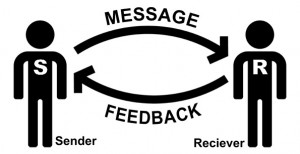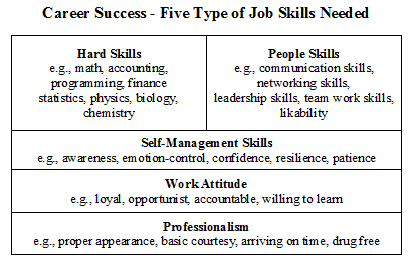Effective interpersonal communication at work is essential to your career success. Yet it’s often not clearly understood nor easy to improve. After researching on Google regarding how others discuss interpersonal communication, I will offer my own perspective – a detailed definition of what is interpersonal communication and 3 most common myths about interpersonal communication. ...
How to Network – Party More
I am not joking. I will prove it to you why “partying more” will help you with networking. I went to a Deloitte Consulting alumni event last week and had a blast. I met up with so many old friends, had fun, and discussed quite a bit of business at the same time.
I worked for Deloitte for 10 years but still was pleasantly surprised to see I knew half of the alumni at the event. Some are now Senior Managers and Partners at Deloitte and others are senior executives or successful owners of their own business. The funny thing was as I was talking to people and recounting old times, I realized I never worked with 95% of the people I knew. Instead we discussed the good old days of lavish consulting retreats, late night illegal golf cart rides, and dancing up a storm at the annual Christmas parties. ...




